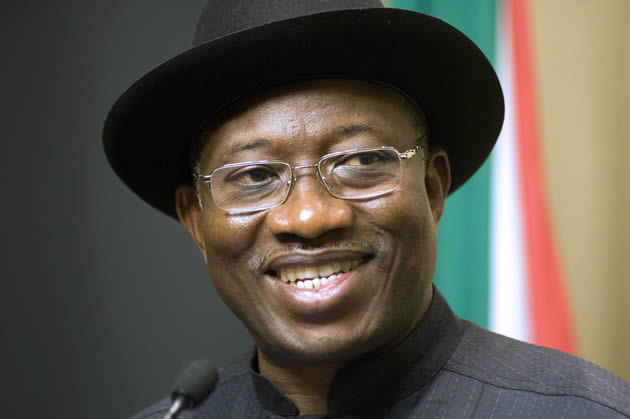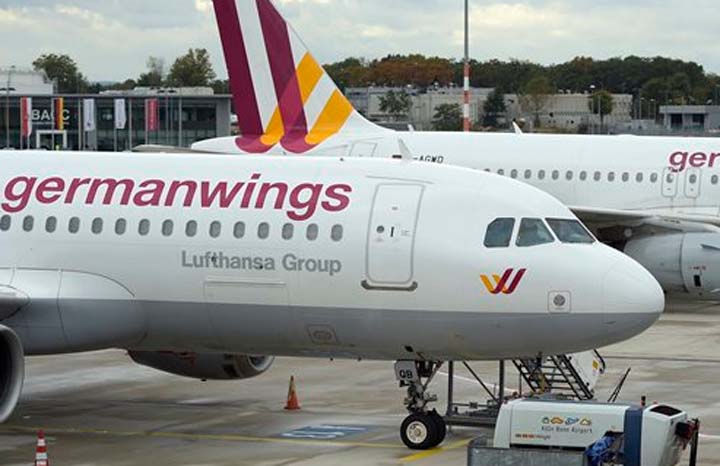Nigerian leader calls for peaceful vote

ABUJA. — Nigeria’s president Goodluck Jonathan is urging his nation to vote peacefully and accept results of today’s presidential election. Jonathan said in a televised broadcast yesterday that no political ambition can justify shedding blood. Dozens of people already have been killed. Jonathan and leading rival Muhammadu Buhari signed peace pledges on Thursday and urged their supporters to avoid violence.
Human rights leaders say politicians have done little to lower tensions heightened by hate speech on ethnic and religious lines. Security forces are also on high alert against attacks by Boko Haram Islamic extremists who have threatened to disrupt the vote. However, the poll looks to be the tightest in the 16 years since military rule ended in Nigeria and it appears likely that the contest between President Jonathan and his rival Buhari could devolve into violence. Here are reasons why the elections are critically important for the country and the region.
1. The results may affect the terrifying Boko Haram insurgency
Nigeria is in the middle of an unfinished counterinsurgency campaign against the Islamist extremists, who have become famous for their acts of brutality, including kidnapping schoolgirls and attacking churches, schools and the police and army.
Now, the tide appears to be turning. Militants are on the run. Their territorial control in the country’s northeast has dwindled, thanks largely to the co-operation of the armies of Chad and Niger, which have launched offensives after the rebels crossed into their territories. A fleet of private military contractors are also helping to fight Boko Haram.
But what will become of the anti-Boko Haram campaign after election day?
Many here believe that President Jonathan will lose interest in the effort if he’s elected, leaving the rebels to strengthen as they have in the past. If Buhari wins and redoubles focus on the fight, he will still have to transform a military with systemic flaws including poor training.
The next chapter of the Boko Haram fight will be the hardest. Now that militants have fled their former areas of control, they will have to be rooted out of their hideouts in and around the Sambisa Forest — a formidable task. It’s much easier for Boko Haram to wage guerilla attacks from the forest than to occupy territory. That fight will go on for some time and will be a massive charge for whomever is elected.
2. What happens in Nigeria, doesn’t necessarily stay in Nigeria
What happens in Nigeria will resonate across the region. It is the largest economy on the continent and an exporter of film and music to its neighbours.
As president Obama said this past week, Nigerians “won your independence, emerged from military rule, and strengthened democratic institutions.”
If Nigeria’s elections devolve into violence or result in deep political division, the financial engine of West Africa will slow. The continent’s biggest oil-producer will be disrupted. Neighbouring countries, whose own economies are linked to Nigeria’s through imports and exports, will suffer. And political uncertainty will no doubt creep across borders.
3. The elections could provoke violence. Lots of it.
There’s a good chance that things will not go well. After Nigeria’s 2011 election, nearly 1 000 people were killed in three days of rioting. Supporters of Buhari, who also ran that year, were accused of carrying out protests which “degenerated into violent riots or sectarian killings,” according to Human Rights Watch. — AP/Washington Post/HR.










Comments